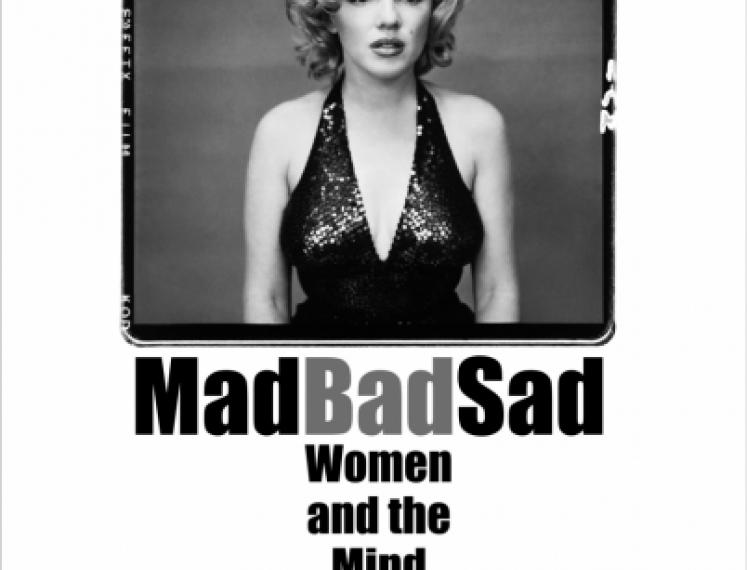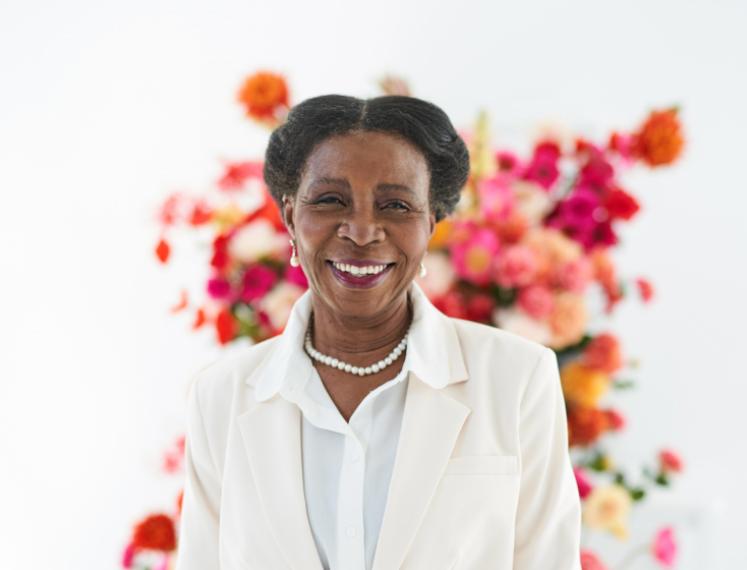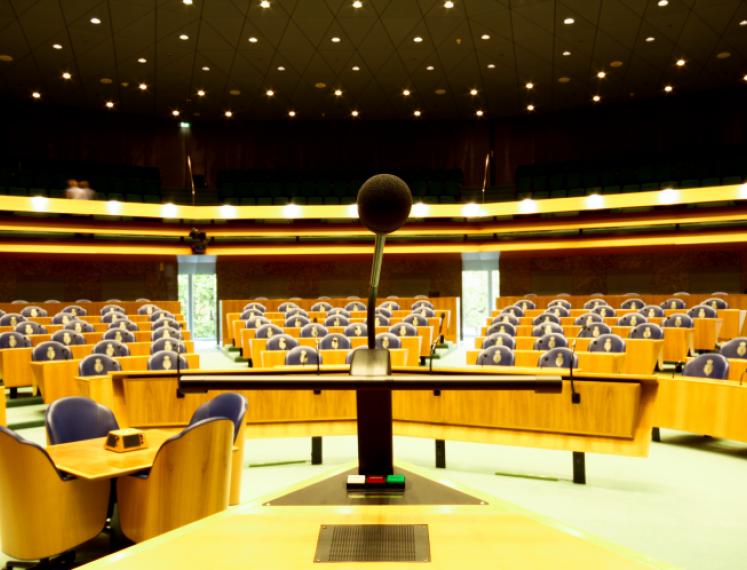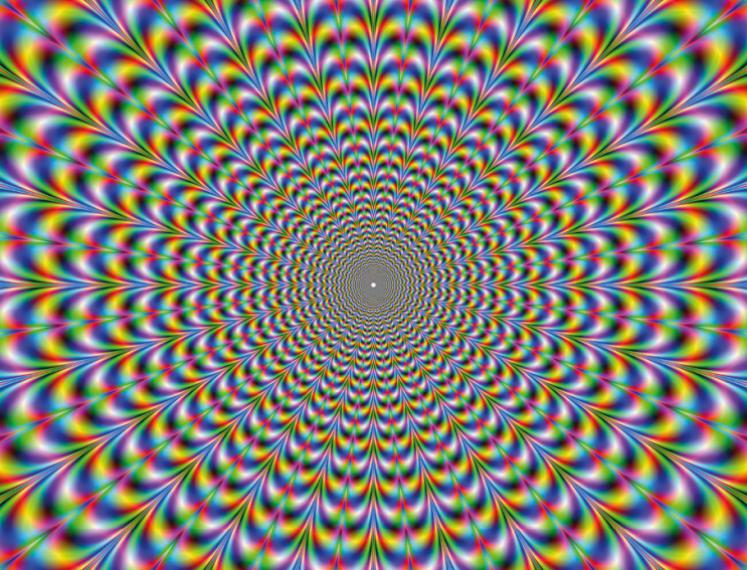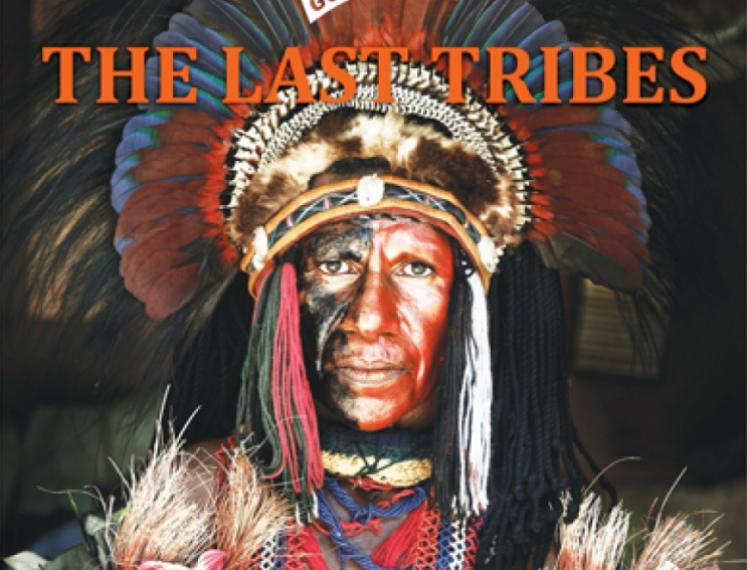Mad, Bad and Sad
Ever since the birth of the mind-doctoring professions in the first part of the 19th century, women have not only been patients, but served as experimental guinea pigs. They are the inspirers of what society understands by mental illness. As such, one could say, that woman have been co-inventors of professions which over the centuries go by changing names: alienism, neurology, psychiatry, psychoanalysis and all the psychotherapies which so inform our common culture today. The historic relationship between women and mental illness varies from the depression suffered by Virginia Woolf and Sylvia Plath to the mental anguish and addictions of iconic beauties Zelda Fitzgerald and Marilyn Monroe. From the French neurologist Charcot, who displayed his star patients, the much photographed hysterics, to Freud, who called his own early women patients his ‘teachers’.
The understanding of ‘mad, bad and sad’ women has changed over the centuries as has the expression of what these terms might mean. But women, even though they now form a great proportion of practitioners in the field, are still understood to constitute a greater number of the sufferers of mental illness – from depression to anorexia to personality disorder – though this ay simply be because they go to doctors more readily than men.
Lisa Appignanesi is a novelist, writer and broadcaster. She is President of English PEN, the founding centre of the world association of writers which promotes literature and human rights. Her latest book is the critically acclaimed MAD, BAD and SAD: A History of Women and the Mind Doctors from 1800 to the Present. The book has been shortlisted for various prizes and has won the Medical Journalist’s Award as well as the prestigious British Medical Association Award for the Public Understanding of Science.
Interessante links
Lisa Appignanesi
Mad, Bad and Sad
Gek, Slecht en Droevig
